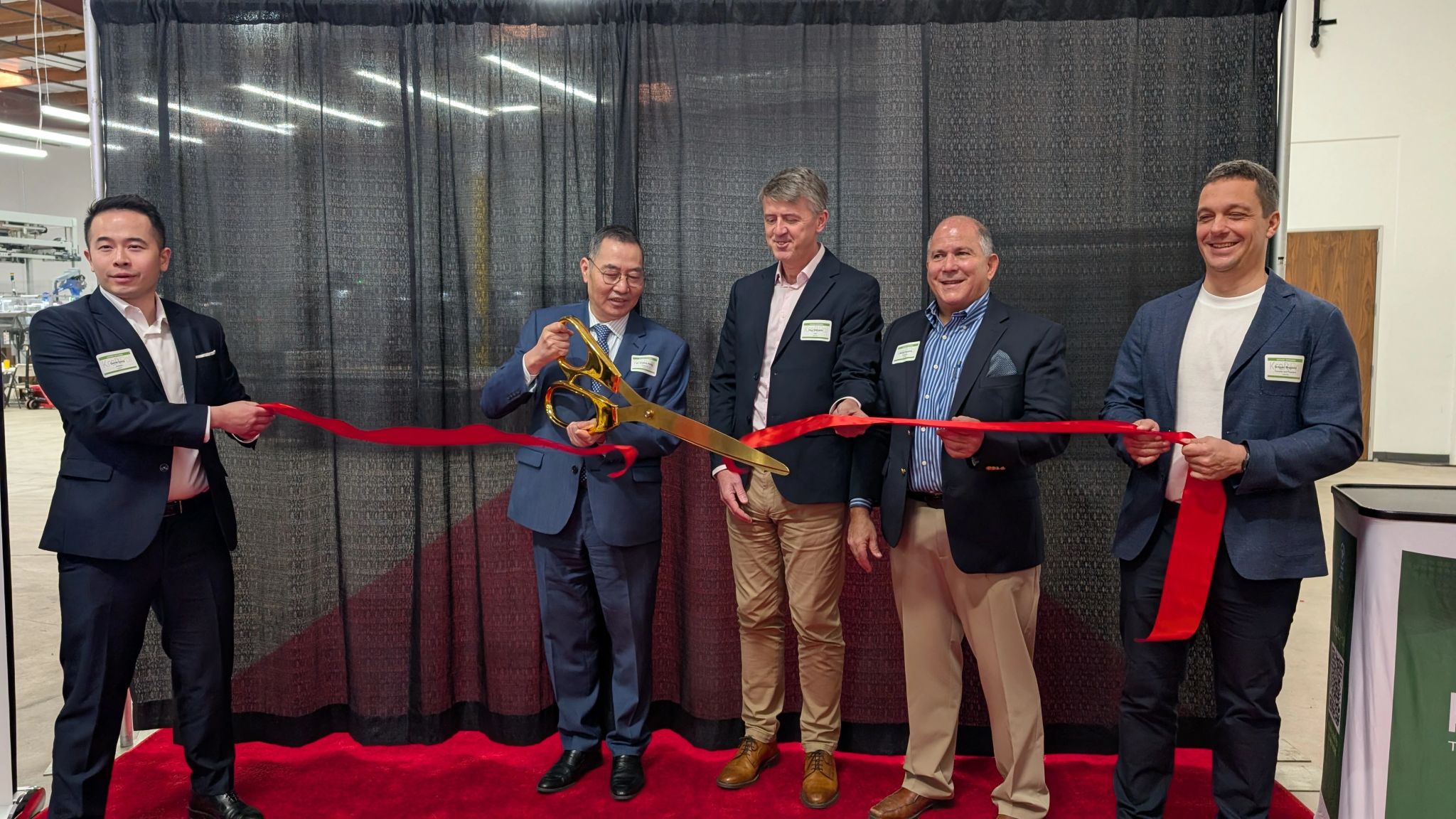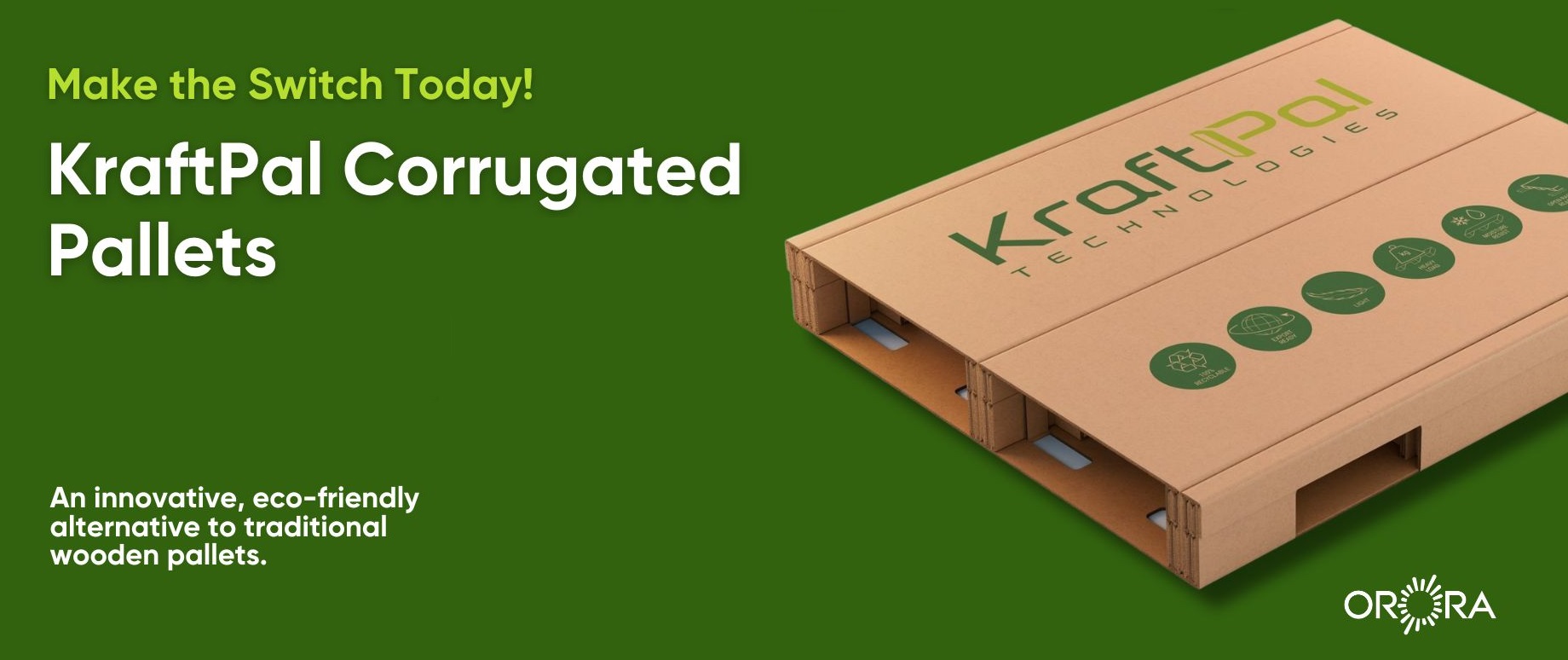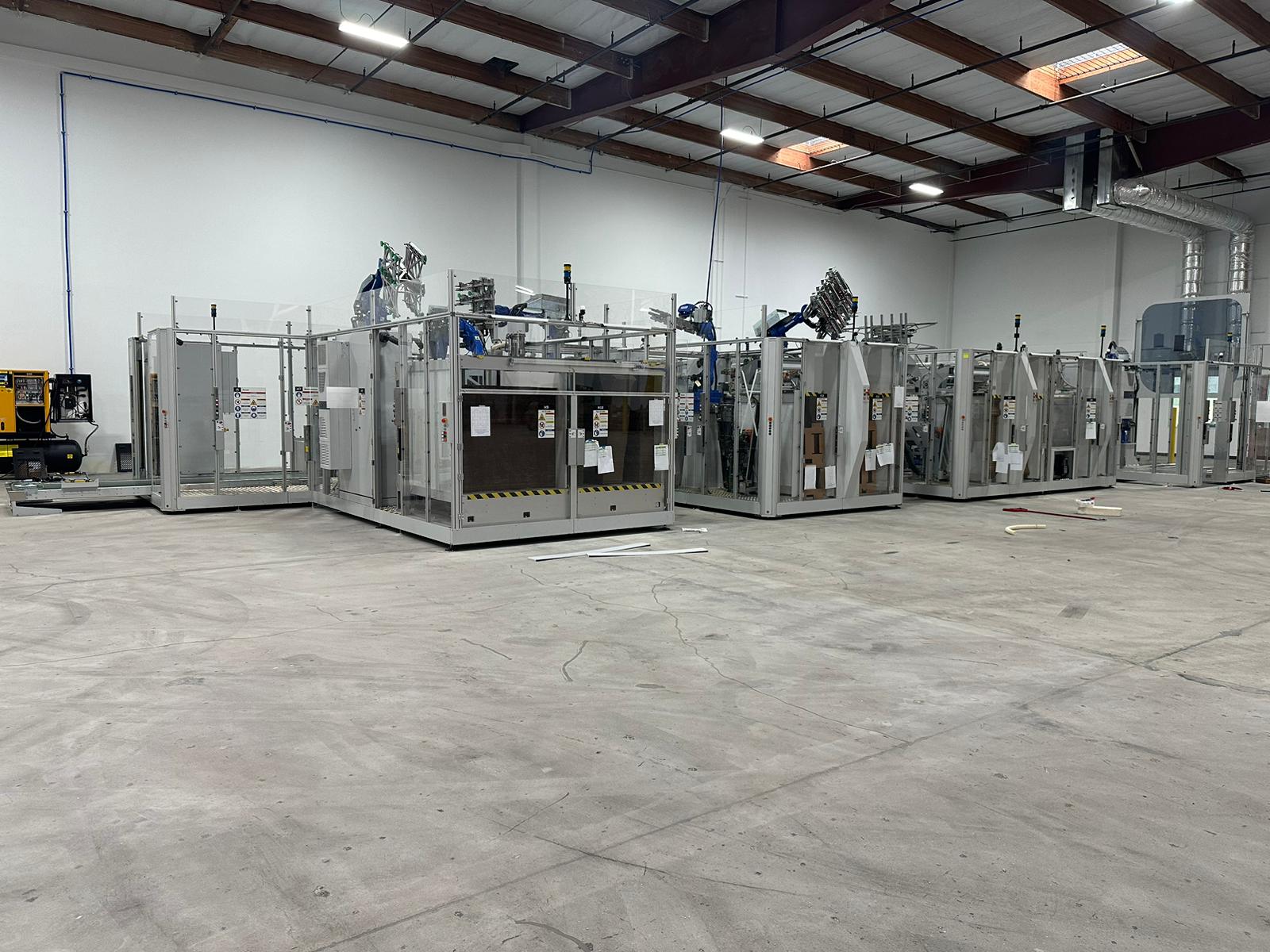
In today's rapidly evolving market, businesses are constantly seeking innovative solutions to optimize their supply chains, reduce operational costs, and minimize their environmental footprint. The traditional wooden pallet has been a mainstay of global logistics for decades. However, traditional wooden pallet`s dominance is being challenged by the push for pallet life cycle costs optimization and ESG mandates from global, leading companies aimed at increasing consumer environmental awareness and legislative changes to promote sustainable packaging.
The transition towards a more sustainable and efficient logistics platform is not merely a logistical change; it's a strategic pivot crucial for the global economy. Just consider the sheer volume of pallets consumed annually to move products from point A to point B. 8 billion units. And growing. This staggering number underscores the vast scope for improvement in terms of sustainability and efficiency in our current logistics systems. This transition is an essential part of building a more sustainable future, making it a pivotal moment for industries worldwide.
Moreover, a more efficient logistics system can improve reliability and speed, thereby enhancing customer satisfaction and competitiveness. In an era where consumers are increasingly conscious of the environmental impact of their purchases, companies that lead in sustainability can also gain a competitive edge in the perspective of their customer, which is the ultimate advantage for a brand on a quest for recognition.
Pooling system as a solution for local, closed loop supply chains
Pallet pooling systems represent an efficient alternative for closed-loop supply chains, where the same pallet is used for both delivery and return trips (supplier to customer and back). This system significantly reduces the need for one-way pallets, enhancing sustainability and efficiency in supply chains that accommodate such rotation. However, in one-way pallet use scenarios, where pallets are not returned or reused in the same cycle, traditional wooden pallets present limitations. They can be costly, less sustainable, and not always the best choice for the environment or supply chain efficiency. One such innovation that has garnered significant attention is the transition from traditional wooden pallets for one-way logistics to corrugated cardboard pallets.

KraftPal cardboard pallet as a solution for one way logistics
Enter KraftPal's corrugated cardboard pallet, which offers a compelling solution for these one-way use scenarios. Crafted from corrugated cardboard, these pallets are designed to be lightweight, yet durable and capable of meeting or exceeding the performance standards of wooden pallets. The advantages of KraftPal's corrugated cardboard pallets include:
Reduced logistics costs: One of the primary benefits of KraftPal's pallets is the significant logistics costs reduction potential they offer. Because they are much lighter than traditional wooden pallets (up to 80%), they decrease the overall weight of shipments, leading to lower fuel consumption and reduced transportation costs.
Despite being lightweight pallet`s structural design ensures durability and strength, matching the performance of significantly heavier pallets. The use of corrugated cardboard also makes these pallets recyclable and environmentally friendly, aligning with modern sustainability goals. Our innovative approach is paving the way how goods are transported, offering businesses a smart way to make extra saving through the supply chain and logistics while contributing to environmental sustainability at the same time.

Increased safety and handling: The biggest lawsuit for injuries related to a wooden pallet awarded $19 million in damages to a customer who sued a grocery shop for negligence after his foot got stuck in a pallet and he tripped and fell. The jury agreed on the issue of negligence, resulting in this significant verdict. We don't want anything similar to happen to your employees in your workplace. Safety in the workplace is of the utmost importance. Cardboard pallets are safe to handle and pose less risk of injury to employees and customers alike. Their light weight ensures that they can be moved easily without the need for heavy lifting equipment. This reduces the risk of back injuries and other physical strains normally associated with handling wooden pallets. Results is also lesser in sick leave, and we all know how important that is.

Superior product protection: The structural integrity and design of cardboard pallets offer superior vibration absorption, minimizing the risk of product damage during transport. This feature is particularly beneficial for transporting fragile items and products sensitive to vibrations such as electronics, potato chips, blueberries, and other produce. Ensuring the safety of goods not only reduces financial losses but also maintains products` value proposition and as such customer satisfaction.

Simplified Pallet administration: The one-way, single-use nature of cardboard pallets eliminates the need for pallet administration and sortation. This simplification of logistics not only saves time but also reduces the need for storage space for empty pallets, further cutting down operational costs. Unlike wooden pallets, which require regular maintenance and pest inspection, disposable pallets offer a hassle-free solution that complements fast-paced supply chain operations.
100% Recyclable, Single material: As mentioned above, an alarming 100 million wooden pallets end up in landfills in the US alone each year. This staggering figure highlights the urgent need for more sustainable solutions. Cardboard pallets address this issue head-on by being 100% recyclable. This single-material design not only makes recycling easier but also provides cashback opportunities at disposal, lowering packaging taxes and contributing to a circular economy.

Reduced environmental impact: As we mentioned in our previous blog Reduce your carbon footprint, one of the key benefits switching to cardboard pallets is the significant reduction in carbon footprint. The production of wooden pallets necessitates cutting down of trees, leading to deforestation and increased CO2 emissions. Conversely, corrugated cardboard pallets are constructed from rapidly renewable trees and recycled content, diminishing their environmental footprint by as much as 80%. The result is lower fuel consumption during transport due to the low weight, which leads to lower transport costs and a further reduction in greenhouse gas emissions, which in general means lower costs for companies.

Being Sanitary and clean in its core (ISPM-15 Exempt): Every time fumigation (heat treatment) is applied to a pallet, an additional cost per pallet is incurred. Fumigated pallets are those that have been disinfected and undergone a pest control process. This step is crucial for preventing the transfer of pests from one country to another through the shipment of your goods. As a requirement by some countries for imported goods, wooden pallets are specifically treated with fumigation to ensure they are pest-free. This process, while essential for maintaining biosecurity standards, adds a direct cost to the logistics and shipping of goods on wooden pallets.

KraftPal Group: Leading the Way
Their innovative approach to pallet design combines sustainability with practicality, offering businesses a viable alternative to traditional wooden pallets.
The transition from wooden pallets to cardboard pallets presents a compelling case for businesses aiming to enhance their supply chain efficiency, reduce environmental impact, and promote workplace safety. The benefits are clear: lower transport costs, reduced risk of injuries, simplified logistics, environmental sustainability, and superior product protection. As industries continue to seek solutions that align with the principles of sustainability and efficiency, the adoption of corrugated pallets, championed by companies like KraftPal Group signifies a positive step forward. By embracing this innovative solution, you can achieve extra savings through their supply chain while contributing to a more sustainable and environmentally friendly future.
To learn how to make the switch today and lead the way in your industry please contact us on sales@kraftpal.com.




































































